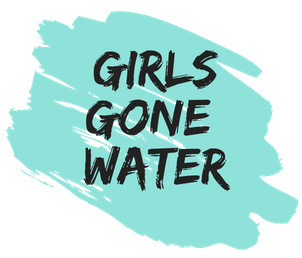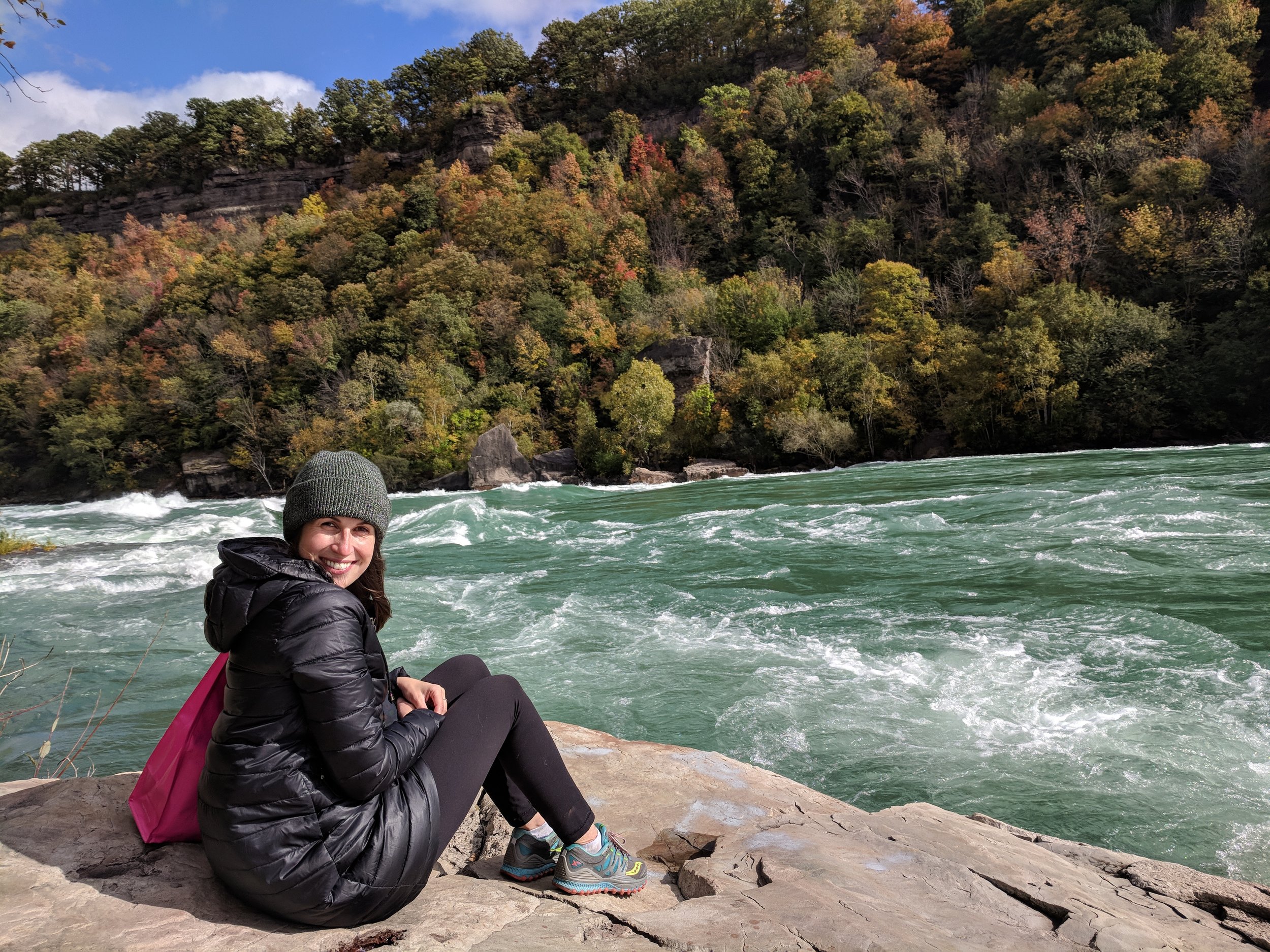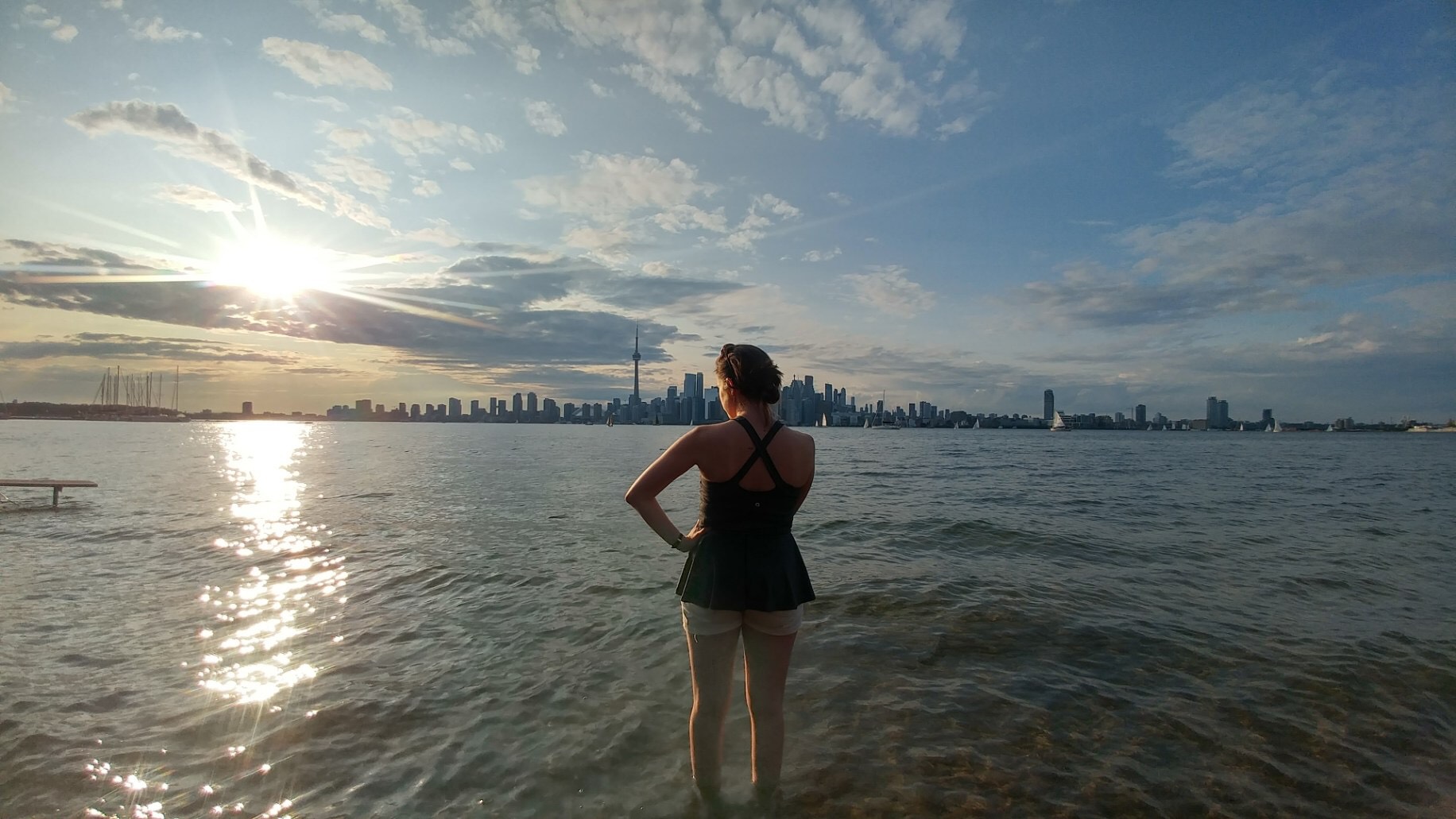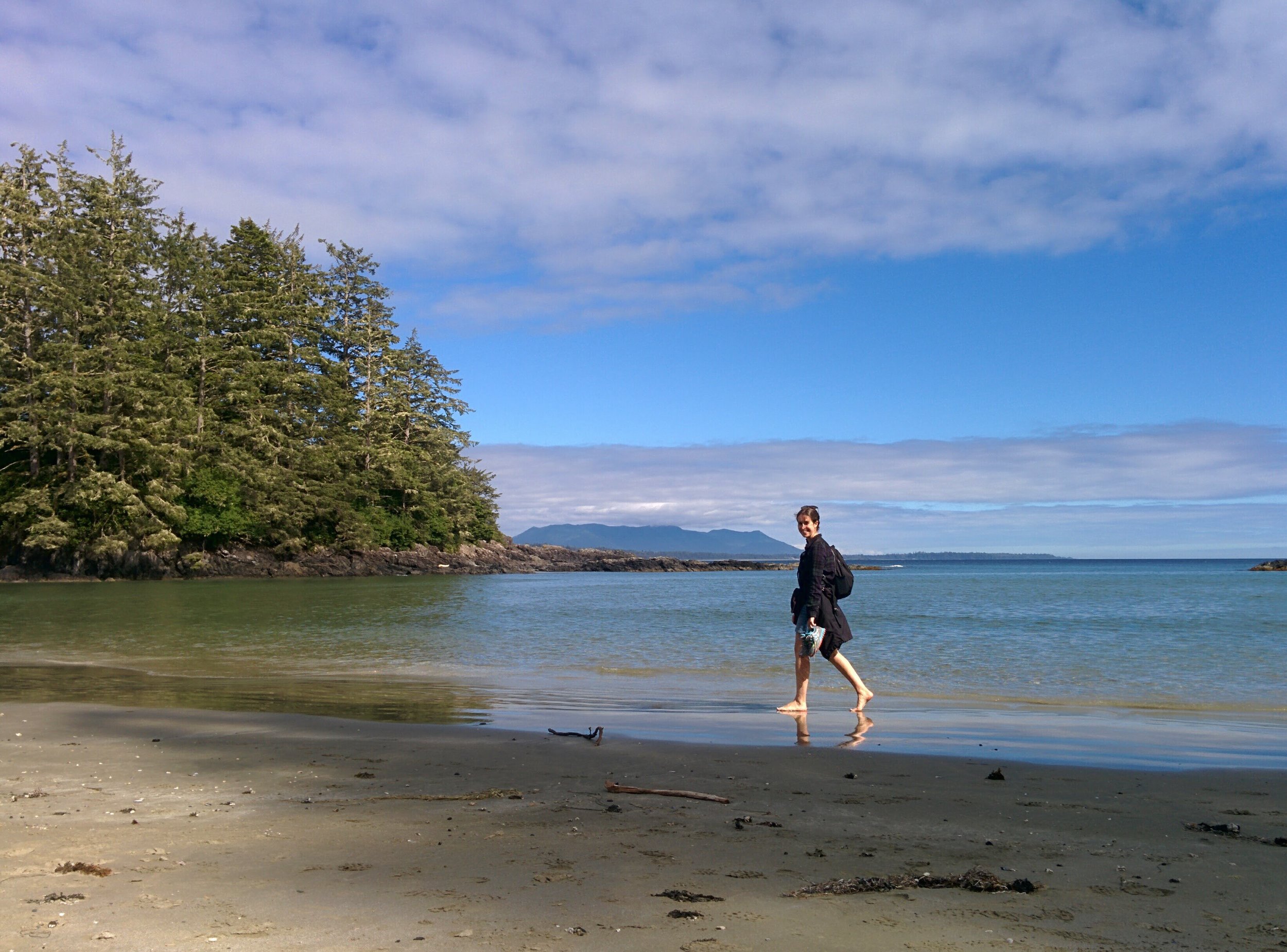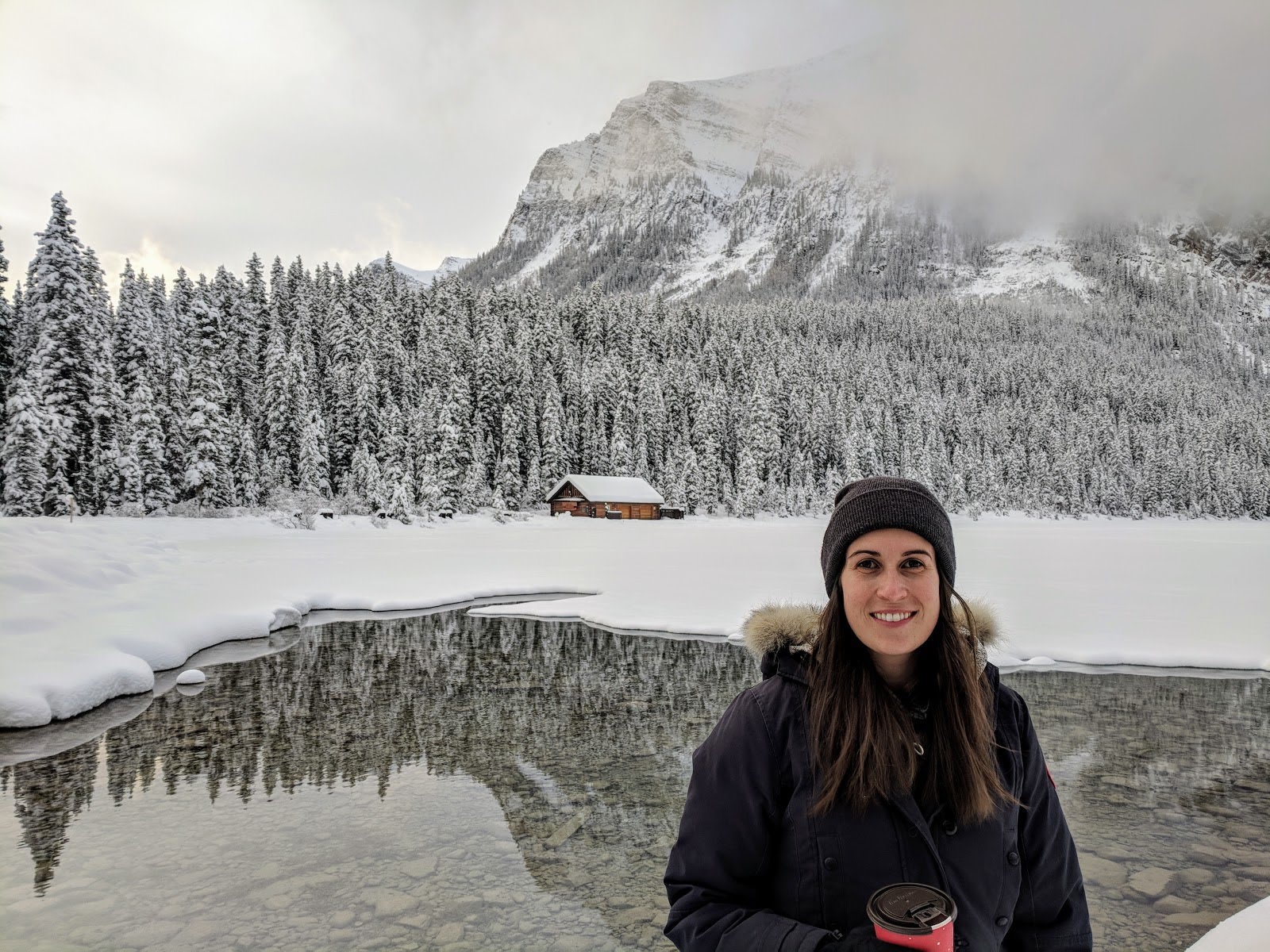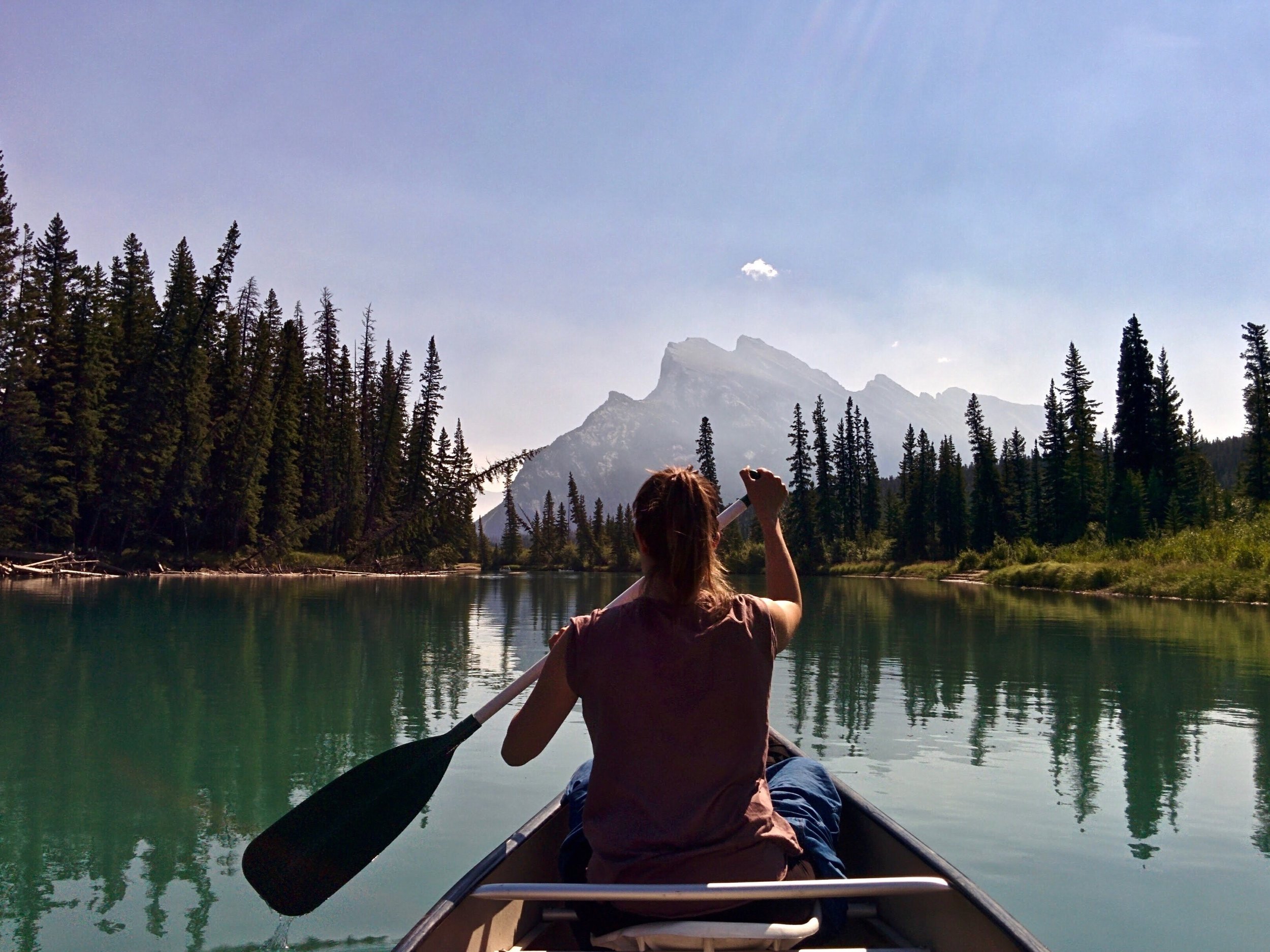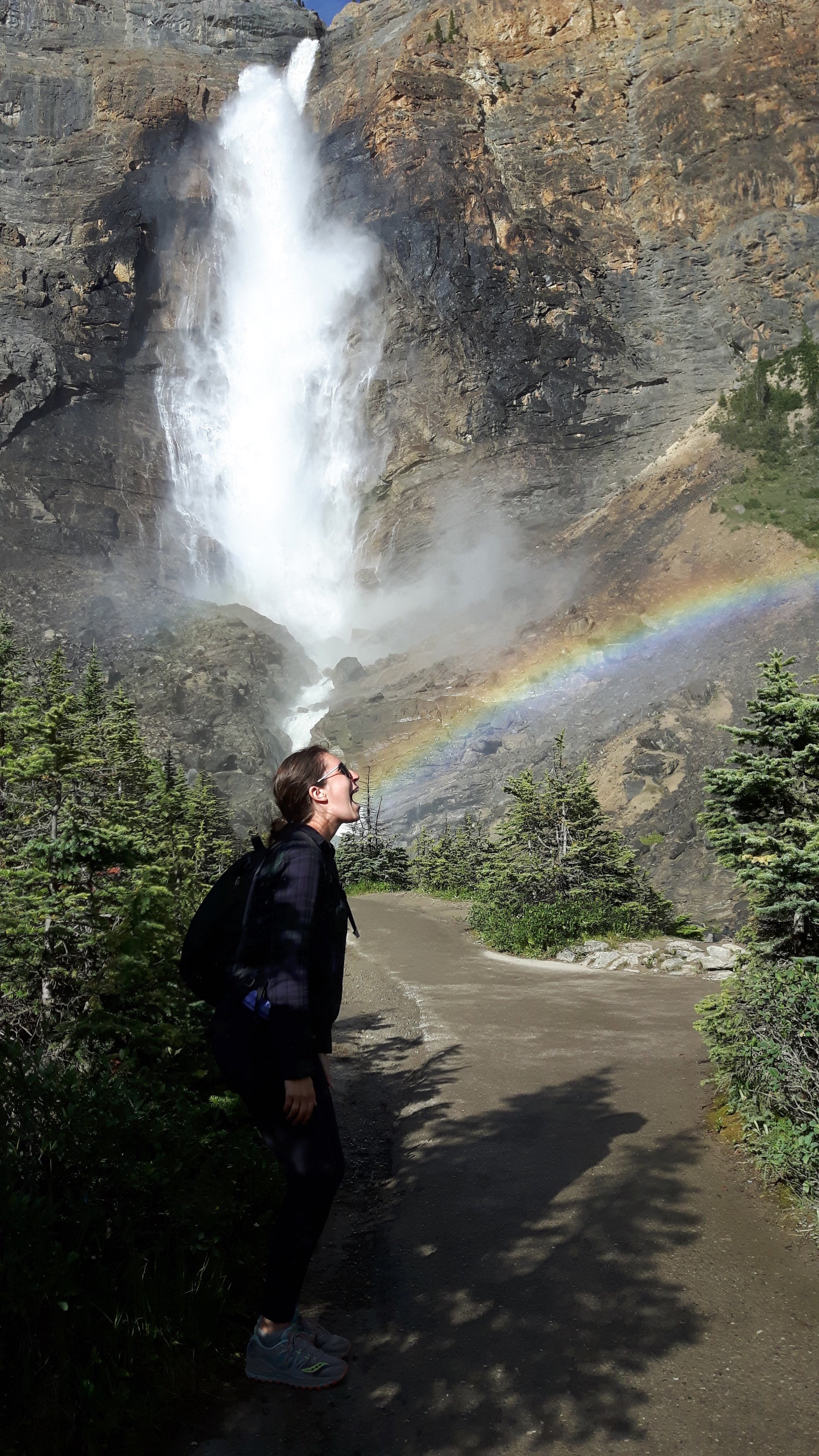Maggie Hall
Master’s Student, University of Waterloo
Maggie Hall knows what it takes to encourage all sorts of people to broaden their perspectives on water resources. With a handful of projects on the go, she still finds time to avidly research water issues, and she loves to share a good documentary with friends, colleagues, and family who might not otherwise see it. Maggie is currently pursuing a Master’s degree in Environmental Studies at the University of Waterloo, where she is enrolled in the Collaborative Water Program through the Water Institute and acts as the program’s Student Representative. She researches the inequities in how people access water, sanitation, and hygiene (WASH) services in low-income settlements in Cancun, Mexico.
“I hope to document and share the incredible perspectives of people around the world in an effort to help reinvigorate humanity’s respect for this cherished resource.”
But far away from Mexico, Maggie also attended Waterlution’s Water Innovation Lab in Melbourne, Australia in May 2018, where she was inspired to create “Humans of Water” – an online platform to recognize people’s connection to water. She explains, “I hope to document and share the incredible perspectives of people around the world in an effort to help reinvigorate humanity’s respect for this cherished resource.” In Australia, Maggie collaborated with other young water leaders and built on what she has learned from the Collaborative Water Program. She reflects on her experience with the lab: “It was amazing to see the ingenuity and passion of people around the globe and it gave me a sense of optimism that the challenges surrounding water will be tackled by those with intelligence, drive, and creativity.”
“It is always wonderful to see what the exceptional woman is doing in the water space but I think it’s equally important to gain insight into what the average woman is doing in her own life with respect to water”
There are many “wicked” problems relating to water that still need to be solved, and Maggie is learning about the power of interdisciplinary partnerships to solve them. Yet she strongly emphasizes the importance of understanding how all types of people relate to water. She notes, “It is always wonderful to see what the exceptional woman is doing in the water space but I think it’s equally important to gain insight into what the average woman is doing in her own life with respect to water – be it how she mitigates her water consumption, how she educates others, but also the struggles she faces.” On a more personal level, Maggie faces challenges common to many 21st century academics, like wanting to know how her research is going to contribute to solutions. Overall, she is hopeful about the future: “I think we are starting to see the tides change (yes, pun intended) on people’s awareness of the importance of water conservation and protection. It makes me very excited.”
Maggie will be teaming up with Girls Gone Water for her “Humans of Water” project this year.
